Ireland’s proposed greenhouse gas emissions ceilings for between now and 2030 have been submitted to Government.
The Climate Change Advisory Council (CCAC) has submitted proposed carbon budgets that will see the country have to cut its greenhouse gas (GHG) emissions by 51% by 2030, compared to 2018.
The budgets, submitted to Minister for Environment, Climate and Communications Eamon Ryan, were required by the Climate Action and Low-Carbon Development (Amendment) Act.
The carbon budgets prescribe the total amount of greenhouse gases that may be emitted over a specific period of time in the State.
The CCAC has set the carbon budget for the period 2021-2025 as 295Mt CO2e, and the carbon budget for the period 2026-2030 is 200Mt CO2e.
The budgets equate to an average reduction in GHGs of 4.8% per year between now and 2025, followed by an average reduction of 8.3% in the 2026-2030 period.
The carbon budget for 2031-2035, which is provisional, is 151Mt CO2e. The third carbon budget is consistent with the Government’s commitment to achieving net-zero carbon emissions by the year 2050.
What happens next?
Minister Ryan will now propose carbon budgets to Government and the Oireachtas.
Once adopted by the Oireachtas, the minister will use each carbon budget to prepare sectoral emissions ceilings for relevant sectors of the economy, including agriculture.
Impacts and consequences
Marie Donnelly, chair of the CCAC, said the proposed carbon budgets will have an impact on society and the economy, but failing to act on the climate crisis would have even greater, more unpredictable, consequences.
“The budget is based on the best available science and defines an appropriate and necessary path to addressing the climate challenge. Many of the changes required will only have a real impact on emissions in the second period,” she said.
“We have an opportunity to act on climate change in a planned and organised way. Now is the time to put policies and supports in place that will help those people, communities and businesses that will be impacted by the changes we need to make to how we live, work and travel.”




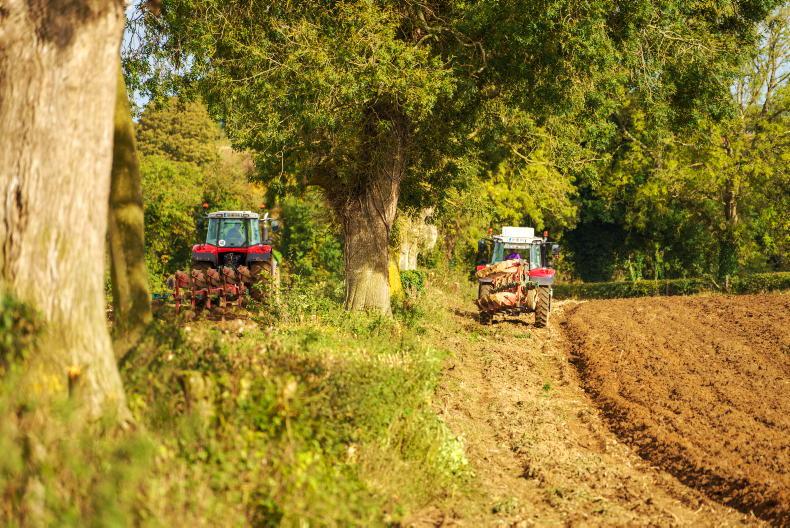
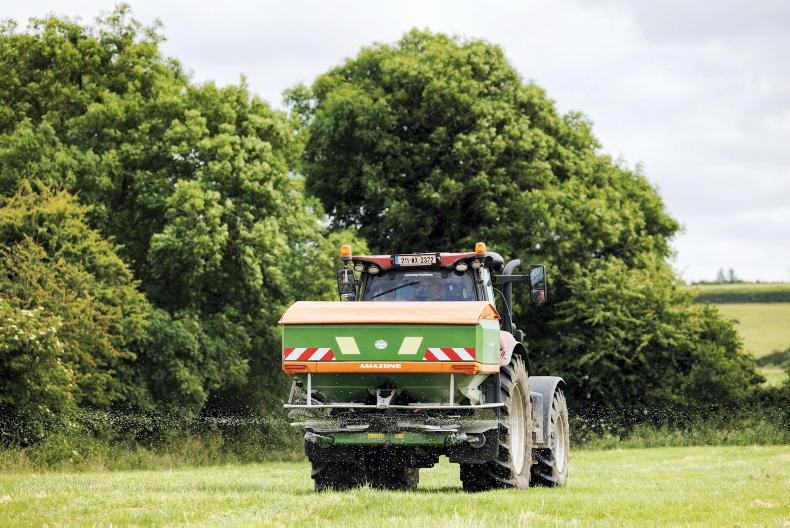

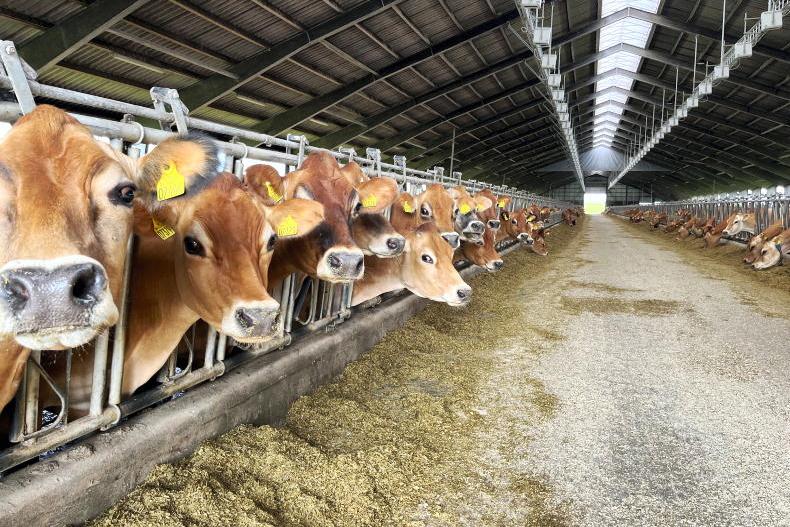
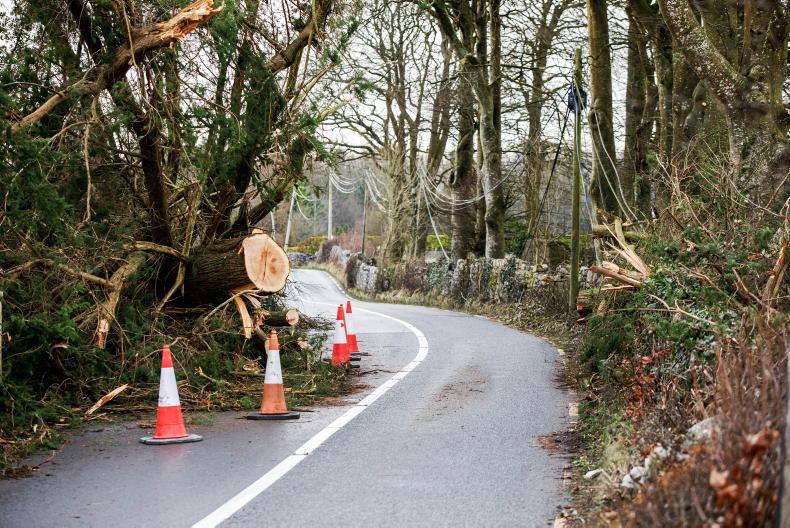
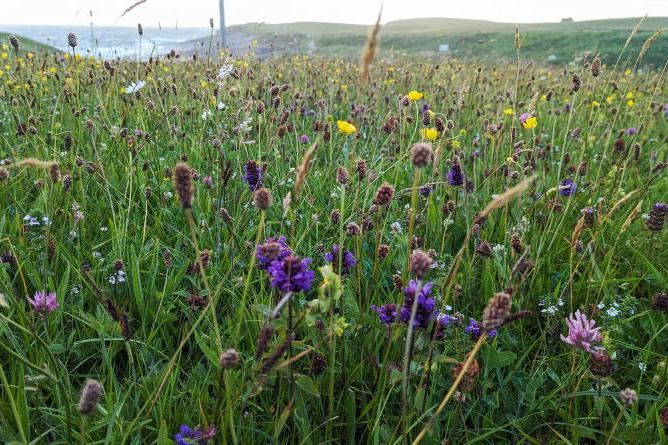
SHARING OPTIONS